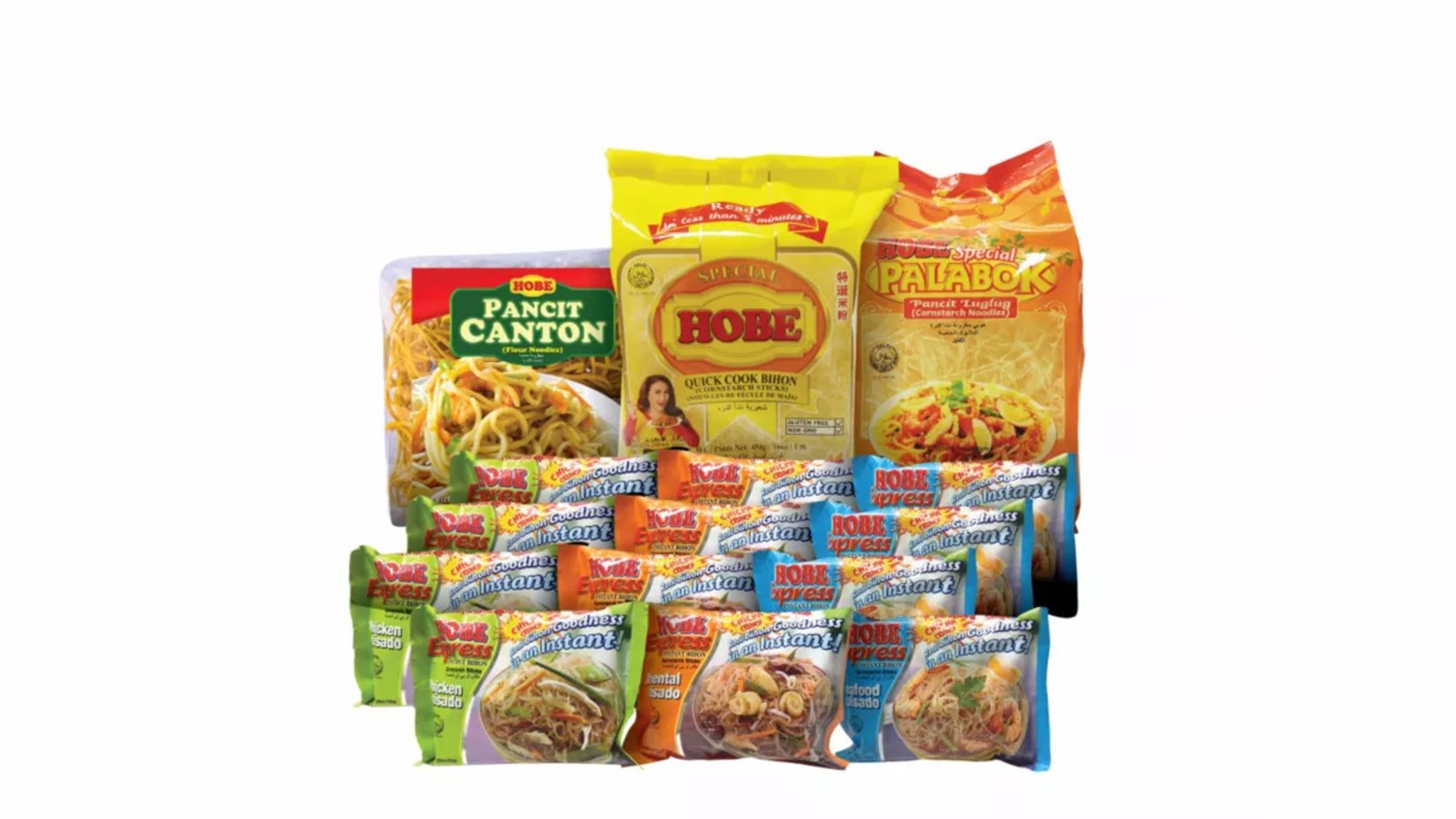How to Make your Brand Stand Out
Being a newbie in any industry is tough, most especially in the cutthroat world of food and bever-ag...

December 14, 2022
Marikina Food Corp. is a pioneer in more ways than one.
Marikina Food Corp. is a pioneer in more ways than one. Back in the ’80s, it was the only food factory in the shoe capital. But its legacy goes beyond being a forerunner in a city now known for producing foodstuff. The noodle company set a precedent for all noodle manufacturers everywhere.
According to Marikina Food Corp. managing director Marcelo Co, his father founded the Marikina Food Corp. in 1988. In those days, bihon—thin, translucent cornstarch noodles similar to vermicelli—was produced manually. “The process was labor-intensive,” he explained to the Center for International Trade Expositions and Missions. “You were dependent on the weather and it was unsanitary because you would leave the noodles out in the open.”
His father, a shrewd businessman, noticed how the process discouraged bihon makers from being productive during the rainy season—or even days when the sun wasn’t out. These limitations also prevented them from ensuring consistent quality and volume.
To solve the problem, he wondered if he could modify drying machines for bihon. Thus, Marikina Food Corp. was born, using a mechanized system that could produce rice noodles at a faster rate. “With automation, we can make bihon per minute, per hour, so we can handle larger volumes and we can control the parameters,” Co added.
As the years progressed, the company would install improvements to their machinery, guaranteeing better productivity. Thanks to the Cos' early astuteness, Marikina Food Corp. continues to be one of the country’s top noodle manufacturers.
Apart from bihon, which remains its best selling product, Marikina Food Corp. has expanded. Hobe, its noodle brand, also makes palabok and pancit canton, while Hobe Express peddles instant noodle versions. Tita Dely’s, on the other hand, specializes in Filipino delicacies—fruit preserves, bagoong (shrimp paste), condiments, and local munchies, like shing-a-ling (crunchy-fried noodles), pilipit (crunchy bread twists), and uraro (arrowroot cookies). Co said that the company’s snack brand Chicboy, which sells corn-and-tapioca puffs similar to cornik, is also picking up.
Marikina Food Corp. has been exporting its products in Asia (including the Middle East), North America, and Europe since the mid-2000s. Despite the hiccup of the pandemic for which they had to make adjustments in the value chain, Co said that the demand for bihon remains the same. Marikina Food Corp. has pulled so far ahead of its competitors. Even with a speed bump, it maintains its lead as the Philippines' pioneering bihon producer.
Photo of Marikina Food Corp. products.
Check out these food fusions between Filipino and Middle Eastern cuisines
The unending quest for healthy and sustainable food amid changing lifestyles
A quick look at the Philippine food staple often getting a bad health rap